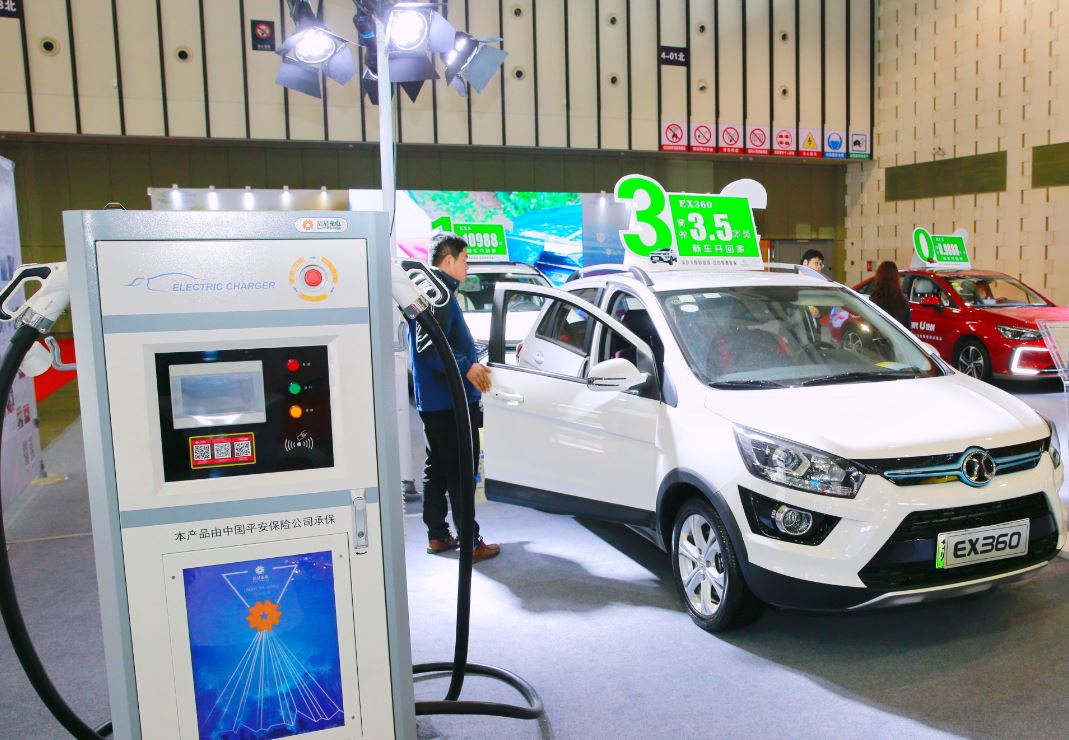NEV startups excel in adopting new technologies
chinadaily.com.cn | Updated: 2021-08-09 15:28

New energy vehicle startups in China are doing a much better job in terms of technological innovation than established carmakers, according to an annual JD Power study.
On a 1,000-point scale, startups scored 590, higher than the industry average 504 and gasoline carmakers' 492 based on a survey of car owners' perceptions of onboard technologies.
Of NEV startups, China's Xpeng ranked No 1 at 615 points, Tesla came second at 597 and another Chinese startup Li Auto followed at 577.
Established carmakers lagged behind. Mercedes-Benz had the highest score, 550. It was followed by BMW and Porsche, who both scored 534.
A total of 32,141 gasoline vehicle owners and 3,976 new energy vehicles owners were surveyed in 70 major cities in China, said JD Power.
It said 264 gasoline vehicle models from 58 brands and 50 NEV models from 28 brands were involved in the survey from December 2020 to May 2021.
The survey focuses on new-vehicle owners' perceptions of 42 onboard technologies, measuring how effectively carmakers bring these technologies to the market.
The score reflects both the rate of such technologies' presence in vehicles, how much owners like the technologies and how many problems they run into while using them.
Jeff Cai, general manager of auto product practice at JD Power China, said more and more carmakers are joining the fray in an effort to stand out.
"The more competitive the field, the more automakers need to delve into user demand and user experience.
"By investing resources in the areas where users most need, while consistently improving the perceived quality and user experience of the advanced technologies, brands can gain a good footing in the new intelligent vehicle field," said Cai.
The survey also found that carmakers are becoming cautious about introducing new onboard functions. The installation rate of new features increased slightly compared with 2020.
That is probably because of car owners' complaints about existing ones, and the top three were camera rearview mirrors, remote parking and touch identification.
























